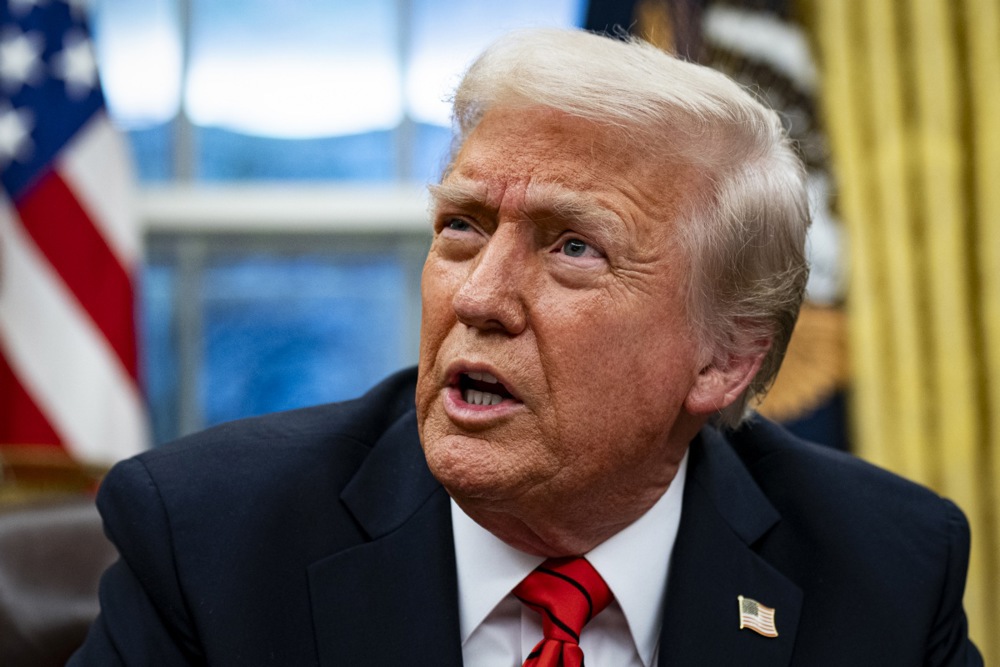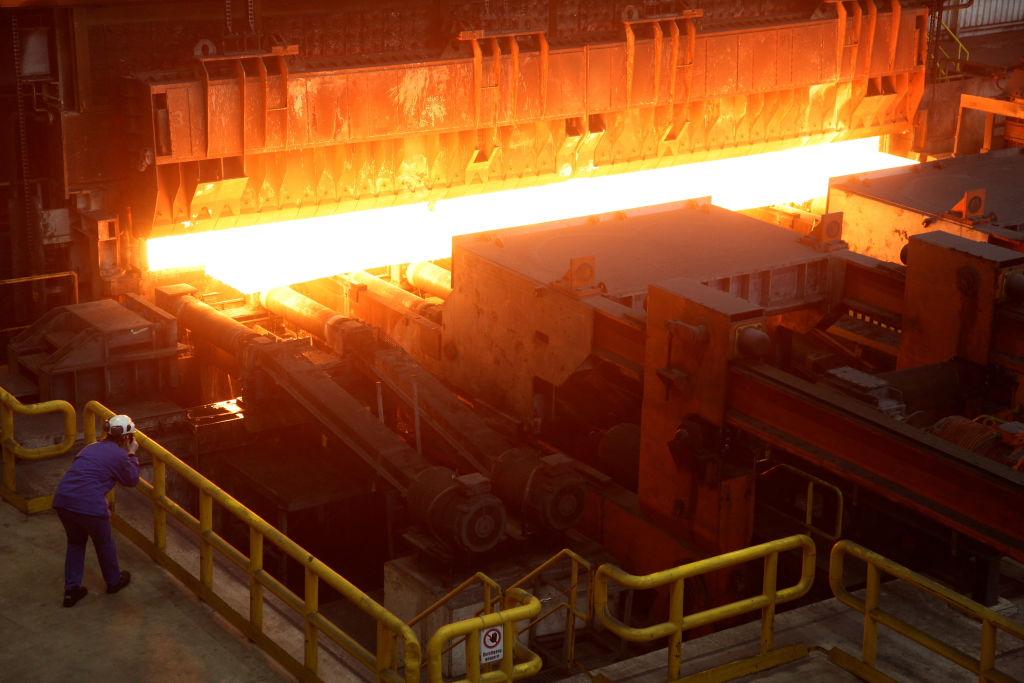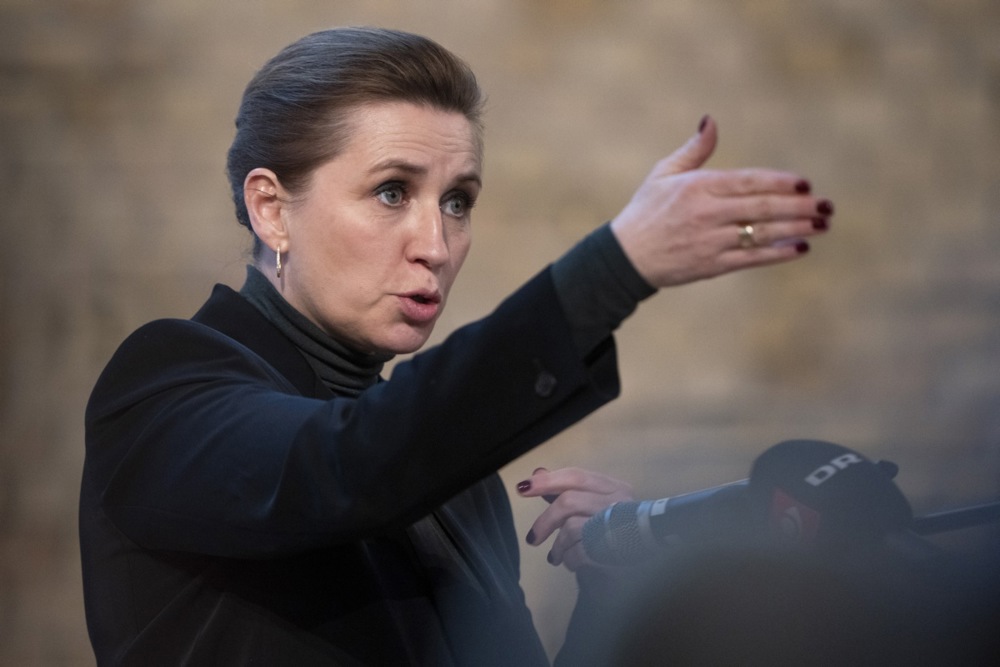Ukrainian President Volodymyr Zelensky has been accused by President Trump of backing out of the latest natural resources deal with the US, according to a report on March 30 by Reuters.
Zelensky had already been accused of watering down the first version of the deal proposal made by the US in February.
After negotiations, some of the terms giving the US most control of Ukraine’s natural resources were removed. A new proposal was submitted recently by the US, as the Financial Times reported on March 27.
This new version describes a joint investment fund with a board comprising three members appointed by the US and two by Ukraine, which would give the US control over minerals in the region.
Moreover, the US would have the right to all of the profit plus a four per cent annual return until the military and financial aid that has been provided to Ukraine is fully recouped, Bloomberg reported.
“The Constitution of Ukraine makes it clear that our course is towards the EU,” Zelensky told reporters on March 28.
“Nothing that could threaten Ukraine’s accession to the EU can be accepted,” he said, after the European Commission said it would analyse the deal to determine its compatibility with the EU’s competition and single market rules, and thus with Ukraine membership’s bid.
“The line has been conveyed such an agreement would need to be looked into from the perspective of the relations between Ukraine and the EU and, notably, in terms of the accession negotiations,” the European Commission’s chief spokesperson told journalists on March 28 during a briefing.
She added that legal assistance would be offered to Ukraine if they requested it.
This comes as the US and Russia have started talks on joint rare earth metals, just a few days after Trump said he was “very angry” and “pissed off” at Vladimir Putin, in a talk with NBC reporters.
The Russian President had criticised the credibility of Zelensky’s leadership, which Trump said is “not going in the right location”.
This unfolds as Trump has announced a wave of tariffs earlier this month, and more recently “secondary sanctions” that could restrict Putin’s oil revenue for the war in Ukraine.
China, which has not joined international sanctions against Russia, is currently trying to avoid breaking them to escape secondary penalties. Some Chinese banks have reduced business with Russian firms, fearing exclusion from the global banking system, The Guardian reported.
China’s foreign minister is also set to meet with his Russian counterpart in Moscow on April 1st.





